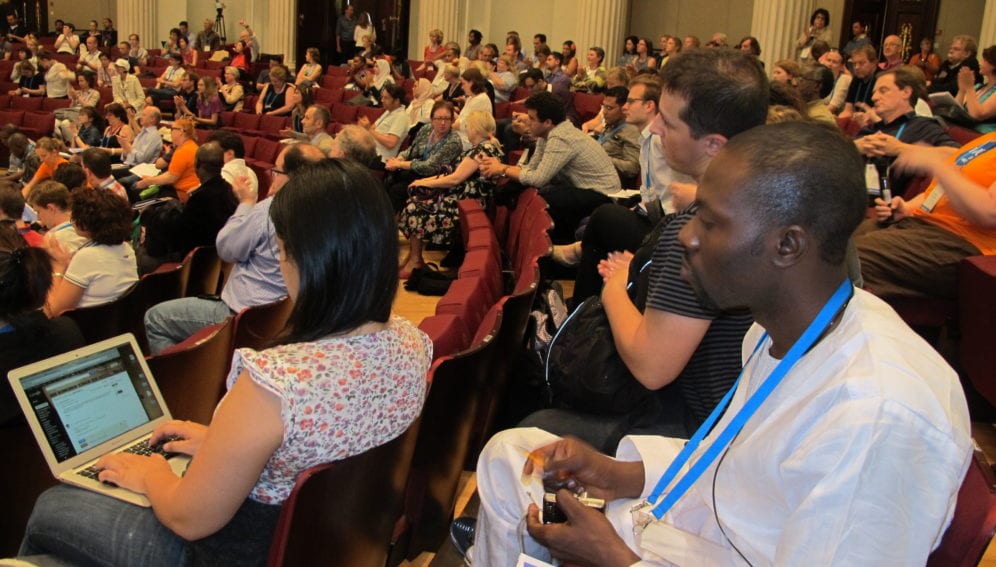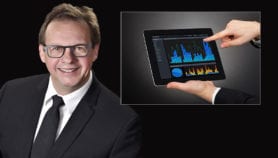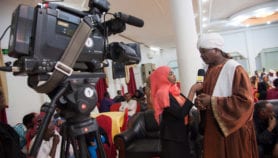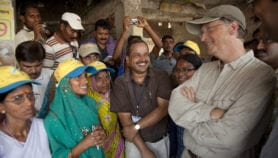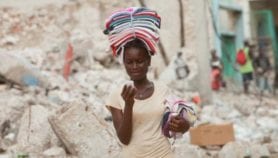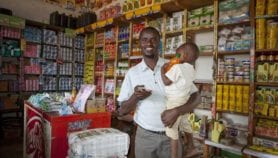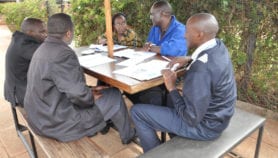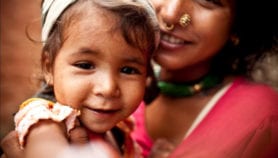By: Maina Waruru
Send to a friend
The details you provide on this page will not be used to send unsolicited email, and will not be sold to a 3rd party. See privacy policy.
Whether or not foreign aid is filling up developmental gaps in Africa and other developing world countries still plagues the minds of many. The question featured yet again at the on-going 2013 World Conference of Science Journalists (WCSJ) in Helsinki with the argument being: If good old aid does work, how do you report on it, especially when you are an editor who at times relies on donor support to run your publication?
In riveting arguments, panellists at the 'How to make news out of foreign aid' that included Mico Tatalovic, SciDev.Net's news editor and Wycliffe Muga, a Kenyan journalist and BBC columnist, left minds pondering.
Although there was a general consensus from the audience that, despite harsh criticism from some "eminent" scholars in the West, to an extent aid does work for Africa, Muga said that it becomes addictive and holds people back from unlocking their potential and coming up with innovations for their own problems.
Mainstream media in the UK, according to Mico, are sometimes very critical of foreign aid writing from the comfort of their newsrooms in London and other cities, sometimes with very little knowledge of the actual on-ground situation.
So, how does SciDev.Net handle foreign aid coverage, considering that the publication is a respected authority in matters science and development in the developing world and yet it is supported by donors?
Mico says that the media outlet lets its contributors in Africa and other developing countries write the stories themselves, putting it that the "recipients" of the aid would be best placed to critique and report on the impact of aid.
The online news portal is not so much into where the aid originates, but emphasis in stories is placed on the positive initiatives taking place in fields including food security, nutrition, health and science in general in Africa.
Most importantly, SciDev.Net has an independent editorial operation with no interference from its funders.


